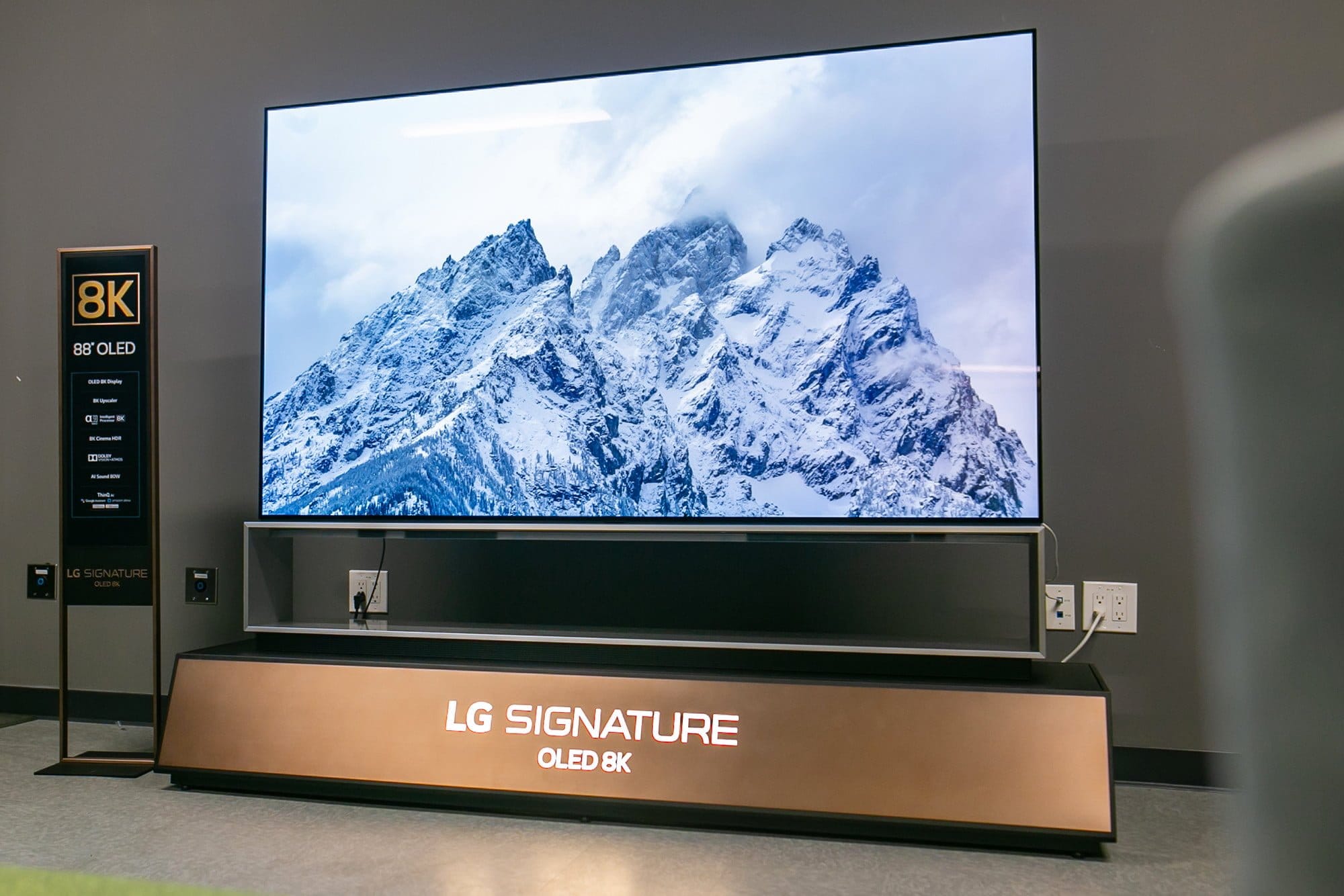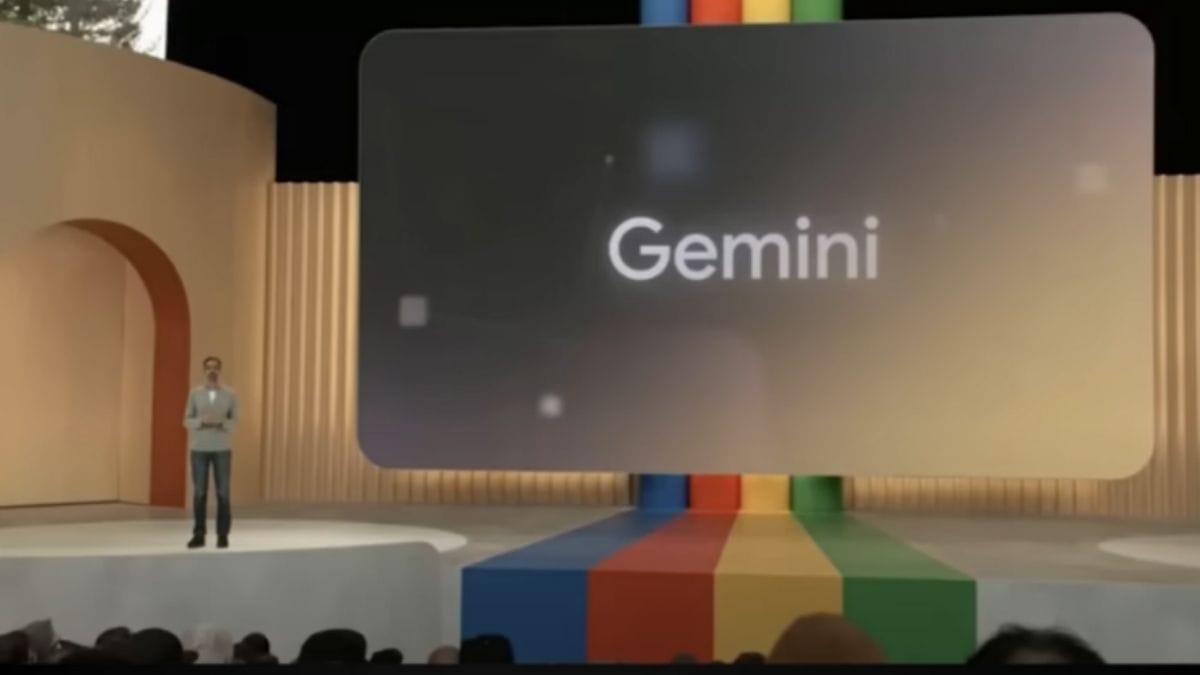LG Electronics has long been a leader in the television market, particularly in the realm of OLED technology. With the introduction of its 2025 OLED TV lineup, LG aims to solidify its position by delivering what it claims are its best televisions to date. The new models feature impressive enhancements in picture quality, design, and usability, making them a compelling choice for consumers seeking a premium viewing experience. However, the integration of artificial intelligence (AI) features raises questions about whether LG may be overstepping by relying too heavily on technology that could detract from user experience.
One of the most notable advancements in LG’s 2025 OLED TVs is the improvement in picture quality. The new models incorporate advanced panel technologies that enhance color accuracy, brightness, and contrast ratios. By utilizing cutting-edge OLED technology, LG aims to deliver deeper blacks and more vibrant colors, creating a more immersive viewing experience. The company has also focused on refining the processing capabilities of its televisions, ensuring that content is upscaled to the highest possible resolution without compromising quality. This commitment to excellence in picture performance is a hallmark of LG’s strategy and is likely to resonate with consumers who prioritize visual fidelity.
In addition to picture quality, LG’s 2025 OLED TVs boast sleek and modern designs that are intended to complement contemporary home aesthetics. The televisions feature ultra-thin profiles and minimal bezels, allowing them to blend seamlessly into living spaces. This design philosophy not only enhances the visual appeal of the televisions but also emphasizes the importance of creating a cohesive environment in which technology and decor coexist harmoniously.
While the advancements in picture quality and design are commendable, the introduction of AI features in LG’s 2025 OLED TVs has sparked a debate among industry experts and consumers alike. LG has integrated various AI-driven functionalities, such as personalized content recommendations, voice control, and smart home integration. These features are designed to enhance user experience by making televisions more intuitive and responsive to individual preferences. However, there are concerns that the reliance on AI could lead to an overly complicated user interface, potentially alienating consumers who prefer straightforward operation.
The concern about AI integration is not unfounded. As televisions become more sophisticated, there is a risk that the complexity of features may overwhelm users. For instance, while personalized content recommendations can enhance viewing experiences, they may also lead to decision fatigue if users are bombarded with too many options. Additionally, the reliance on voice control may not appeal to all consumers, particularly those who are accustomed to traditional remote controls. Striking a balance between advanced features and user-friendliness is critical for LG as it seeks to capture a diverse audience.
Moreover, the implementation of AI raises questions about privacy and data security. As televisions become more connected and gather data to improve user experiences, concerns about how this data is collected, stored, and utilized become increasingly relevant. LG must navigate these challenges carefully to ensure that consumers feel secure in using their products without sacrificing their privacy.
Despite the potential pitfalls associated with AI integration, LG’s 2025 OLED TVs also present opportunities for innovation. The ability to integrate with smart home systems allows users to control multiple devices seamlessly, enhancing the overall convenience of home entertainment. Furthermore, AI can facilitate improved picture quality through adaptive learning, adjusting settings based on viewing conditions and content types. By harnessing the power of AI responsibly, LG has the potential to elevate the user experience while maintaining the core strengths of its OLED technology.
In conclusion, LG’s 2025 OLED TV lineup showcases significant advancements in display technology, with improvements in picture quality and design that are likely to appeal to consumers. However, the integration of AI features introduces a layer of complexity that may challenge user experience. As LG navigates the balance between innovation and usability, it will be crucial for the company to prioritize simplicity and consumer comfort. Ultimately, the success of LG’s 2025 OLED TVs will depend on how effectively the company can leverage AI to enhance the viewing experience without overwhelming its users.


